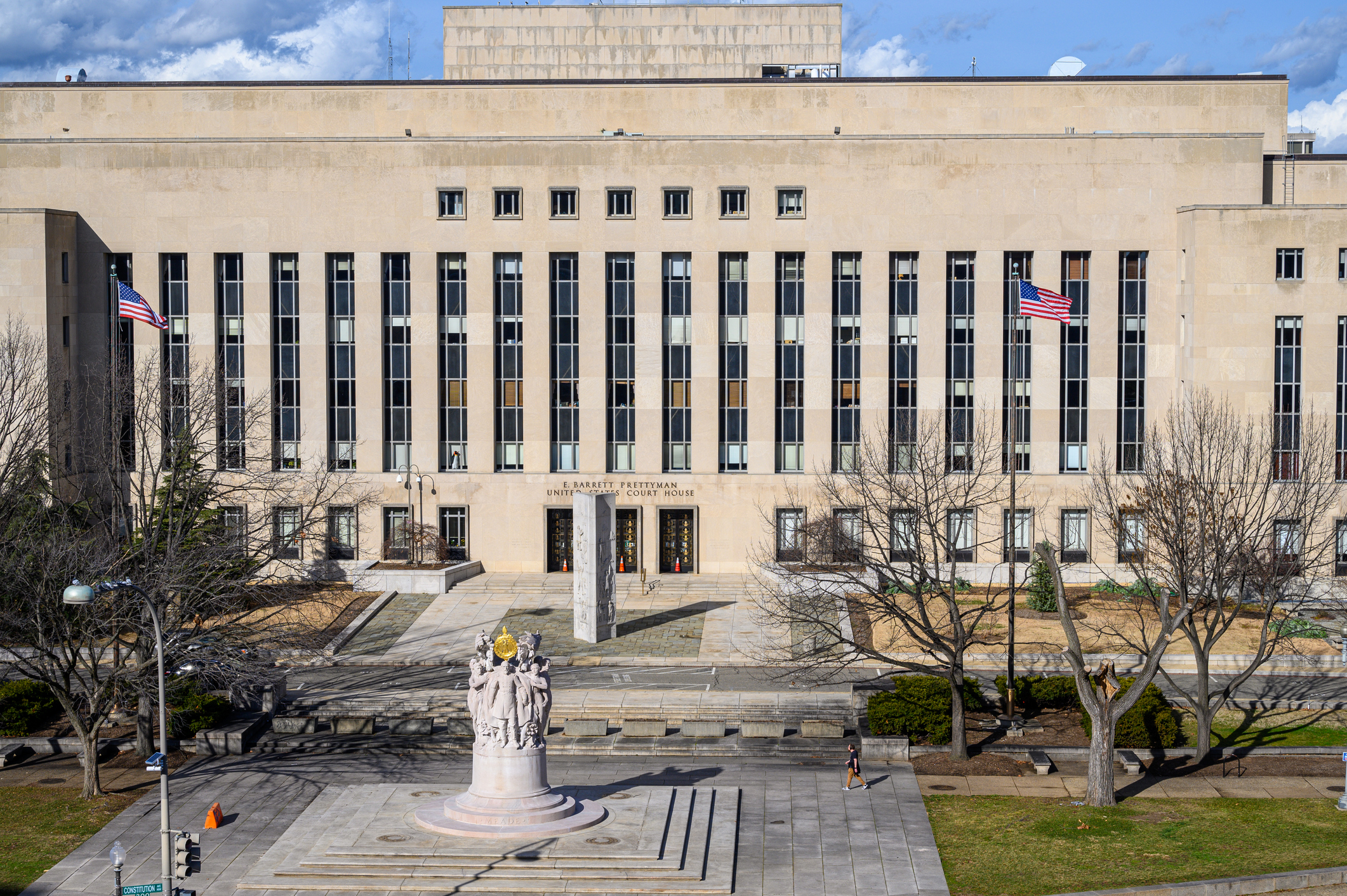
WASHINGTON, D.C.—Growth Energy and Clean Fuels Alliance America (CFAA) filed a reply brief today in a case challenging the U.S. Environmental Protection Agency (EPA) for its failure to reallocate gallons lost due to small refinery exemptions (SREs) granted after renewable volume obligations (RVOs) have been issued under the Renewable Fuel Standard (RFS).
“Biofuel producers and their farm partners were never meant to bear the burden of billions of gallons of demand potentially lost to past-year SREs that haven’t been properly accounted for,” said Growth Energy CEO Emily Skor. “All this case is asking EPA to do is honor the spirit of the RFS by ensuring that RVO volumes are met each year, and give rural America an economic boost by allocating lost biofuel blending obligations to oil refiners, where they belong.”
Read the full brief here.
Background
The case in question pertains to the 2020 RVOs, originally published by EPA on February 6, 2020. The RVO was challenged in the D.C. Circuit by several parties soon thereafter. Growth intervened in support of parts of the rule on behalf of EPA and, separately, petitioned the court to challenge EPA’s failure to reallocate gallons lost to past SREs. After the cases were consolidated (Case No. 20-1046), and after initial briefing in late 2020, the court granted motions to stay the consolidated cases pending the Supreme Court’s decision on SRE eligibility in HollyFrontier v. EPA. The case proceeded until December 2021, when EPA issued a new proposed rule for the 2020 RVO as well as 2021-2022 RVOs and sought remand without vacatur of the original 2020 RVO. The court deferred decision on remand and continued to stay the case. EPA’s final 2020-2022 RVOs also failed to reallocate past SREs. The court continued to stay the original 2020 RVO case until after the D.C. Circuit’s opinion on new cases challenging the new 2020-2022 RVOs. The D.C. Circuit upheld the new 2020-2022 RVOs on May 14, 2024 (Case No. 22-1210), after which time the court lifted the stay on the original 2020 RVO challenge and set a briefing schedule.
After today’s reply brief, the court’s next step will be to set a schedule for oral argument in the coming weeks or months.